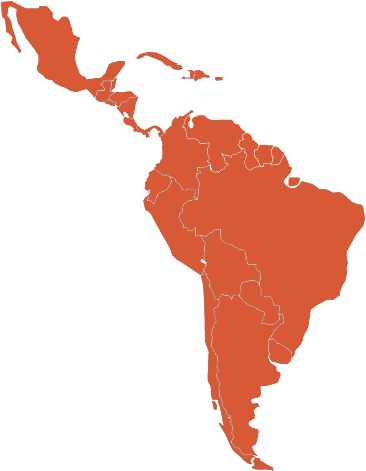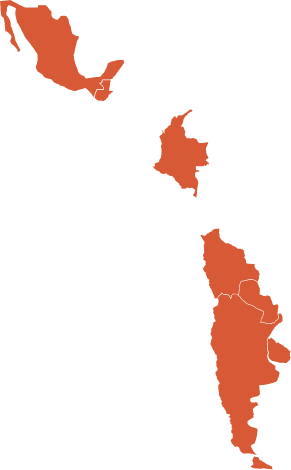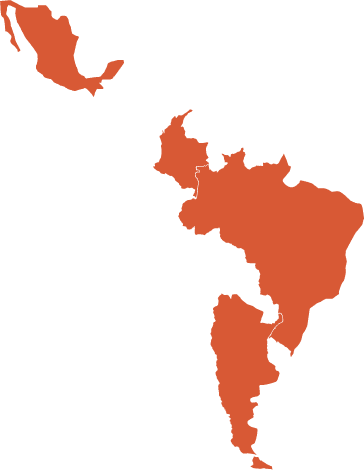CropLife Latin America and its network of Associations maintain a permanent and proactive dialogue with regulatory authorities, farmers, academia and other sectors to promote and defend regulations with scientific criteria that allow access to agricultural technologies. Explore on this interactive map some of the topics on the regulatory agenda in Latin America for 2021.
SCIENCE-based REGULATIONS
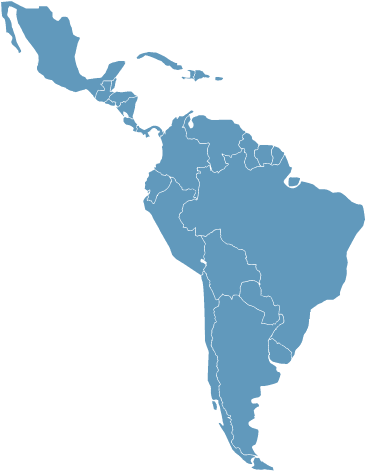
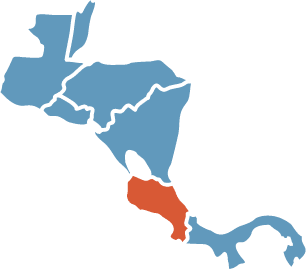
After a long process of consultations and negotiations, the Central American country issued the decree that modernizes its registration system for Technical Grade Active Ingredients, TGAI, adhering to the standards of the Organization for Economic Cooperation and Development (OECD). With the new decree, it is expected that the approval times for new applications will be expedited since the registrations granted by the OECD member countries will be recognized, and that farmers can count on a modern portfolio of products to protect their crops.
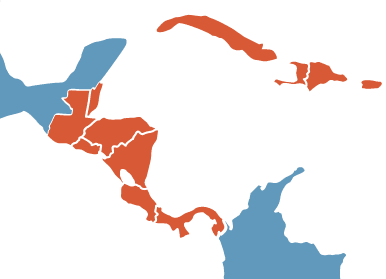
After the process to achieve this reform, we worked to ensure the correct implementation of the label harmonization so that it becomes a reality in the 6 countries of Central America and the Caribbean. Training those responsible for the registry offices in the countries is essential to advance the process.
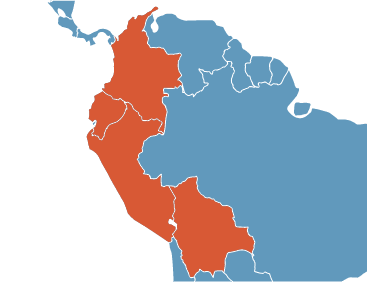
Bolivia, Colombia, Ecuador and Peru advanced in the adoption and application of the Andean Technical Manual; topics such as equivalence registration and global harmonized labeling are part of the 2021 regulatory agenda.
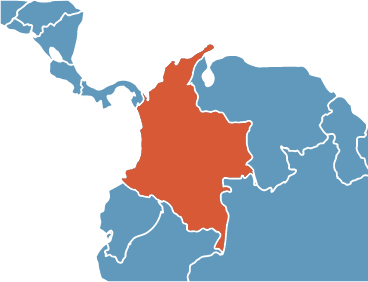
As part of the process of adoption and application of the Andean Standard, the National Institute of Health, INS, approved the guide that allows the presentation of risk assessment studies on the carcinogenic potential of a product. According to the Guide, if an active ingredient is classified by the IARC as "Probable Carcinogenic" or "Possible Carcinogenic", the company requesting the registration may submit scientific studies to the authority that demonstrate that there is no unacceptable risk to human health, in such a way that the label does not carry the corresponding warning phrase.
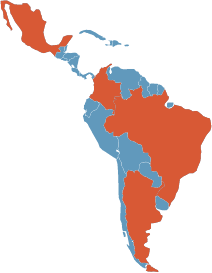
The experiences of Colombia, Brazil, Argentina and Mexico in the adoption of GHS labeling have been shared with the other countries of the region: in 2021 continues the challenge of keeping information workshops with authorities on this labeling system to be applied throughout the region in 2025.
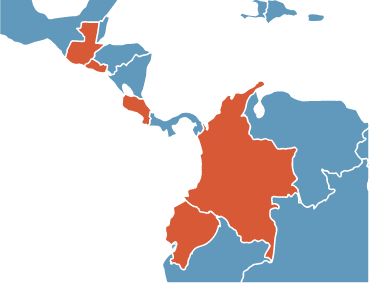
We advocated that international agricultural trade was not obstructed by unjustified non-tariff barriers.
The decline in the availability in the European Union of the Maximum Residue Limits of several key molecules for food production, united Latin American agricultural producers with their governments and with the industry more than ever to defend science and legal certainty in international trade.
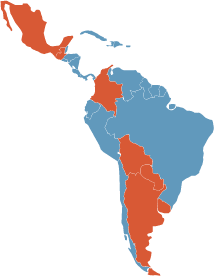
We continued our actions to stop and combat the illegal trade of pesticides in Latin America. We highlight the launch of PIA, an APP to confidentially denounce the illegal trade of agrochemicals in Guatemala.
In a webinar for MERCOSUR countries, we promoted the OECD Guidelines for combating the illicit trade in pesticides.
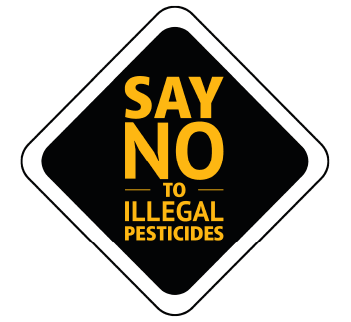
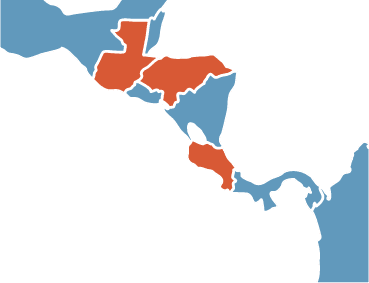
We renewed the agreement with the Inter-American Institute for Cooperation on Agriculture, IICA, for four more years, which allows us to support and train farmers and other audiences in new technologies.
We promoted the adoption of biotechnology in Central America. In Honduras, a new event for corn was approved and genetic editing trials in bananas are progressing. Costa Rica approved two new technologies in cotton. Guatemala is getting ready to analyze and approve the first biotech seed registration applications.
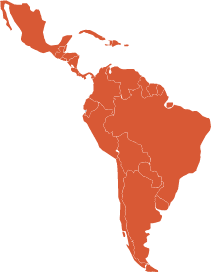
We proved that the prohibitions or restrictions on agrochemicals covered by erroneous interpretations of the Precautionary Principle contravene due legal process, while decision-making based on Risk Assessment has a greater scientific basis.

We maintained a dialogue with producers in the region and proactively participated in updating a new Rainforest Alliance agricultural certification standard.
The new standard recognizes the concept of Integrated Pest Management and excludes restrictions by general categories of products, despite continuing to impose blacklists of some phytosanitary products.

We raised awareness about the possible negative impact of the Escazú Agreement on intellectual property rights and regulatory frameworks. We keep monitoring its correct implementation in the countries that have ratified it.
Learn more: Advocacy and promotion of science-based regulatory frameworks continues








